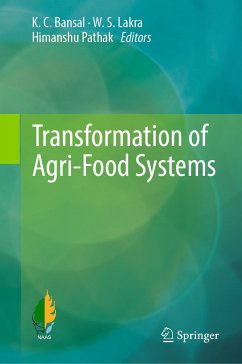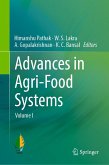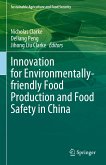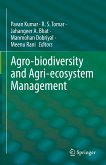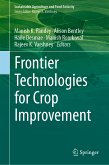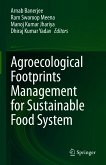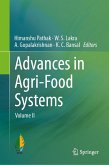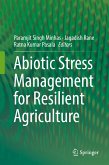This edited volume covers all major topics related to agri-food transformation towards sustainability in this era of climate change. The topics cover field crops, horticultural crops, livestock sector, nutritional aspects, application of latest field-based technologies, and agriculture related policies and institutions.
Some of the key topics are: Innovations for Reconfiguring Food Systems; Transforming High-value Food Commodities; Demand-Supply of Agri-food Commodities; Balancing Human Demand and Ecological Sustainability; International Partnership for Transformation of Agri-Food Systems; Transforming Animal Health and Aquatic Food Systems for Food Security; Climate Resilient Agriculture; Addressing Nutritional Security through Natural Resource Management; Water Harvesting and Improving Water Productivity; Combating Micronutrient Deficiencies; Plant Genetic Resources for Food Security and Nutrition; Genome Editing for Crop Improvement; and Biosafety and Socioeconomic Considerations.
Written by experts, this book serves in exchanging and sharing the latest research findings, ideas and experiences on all aspects of agri-food systems to enable the formulation of the ways forward to transform our agri-food system to meet the Sustainable Development Goals (SDGs) of the United Nations by 2030. The target audience include academicians, researchers, students, farmers, entrepreneurs, policy makers, and others.
Dieser Download kann aus rechtlichen Gründen nur mit Rechnungsadresse in A, B, BG, CY, CZ, D, DK, EW, E, FIN, F, GR, HR, H, IRL, I, LT, L, LR, M, NL, PL, P, R, S, SLO, SK ausgeliefert werden.

